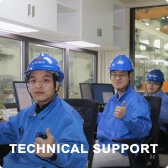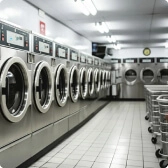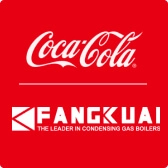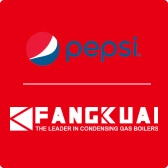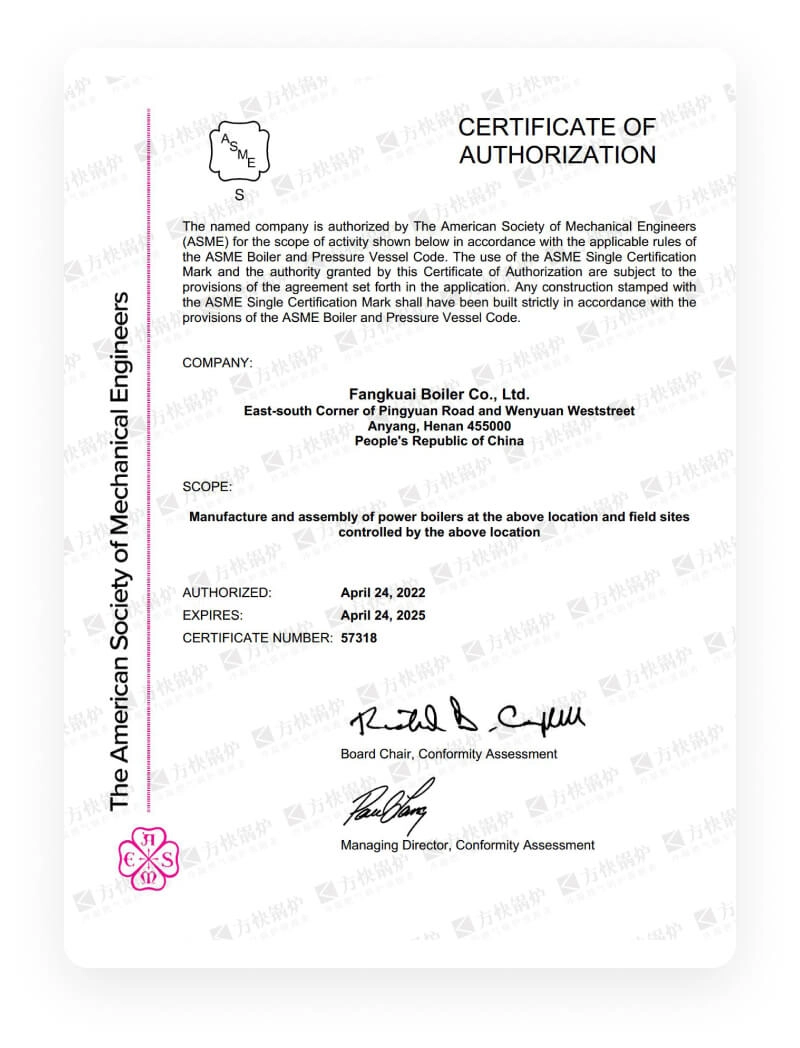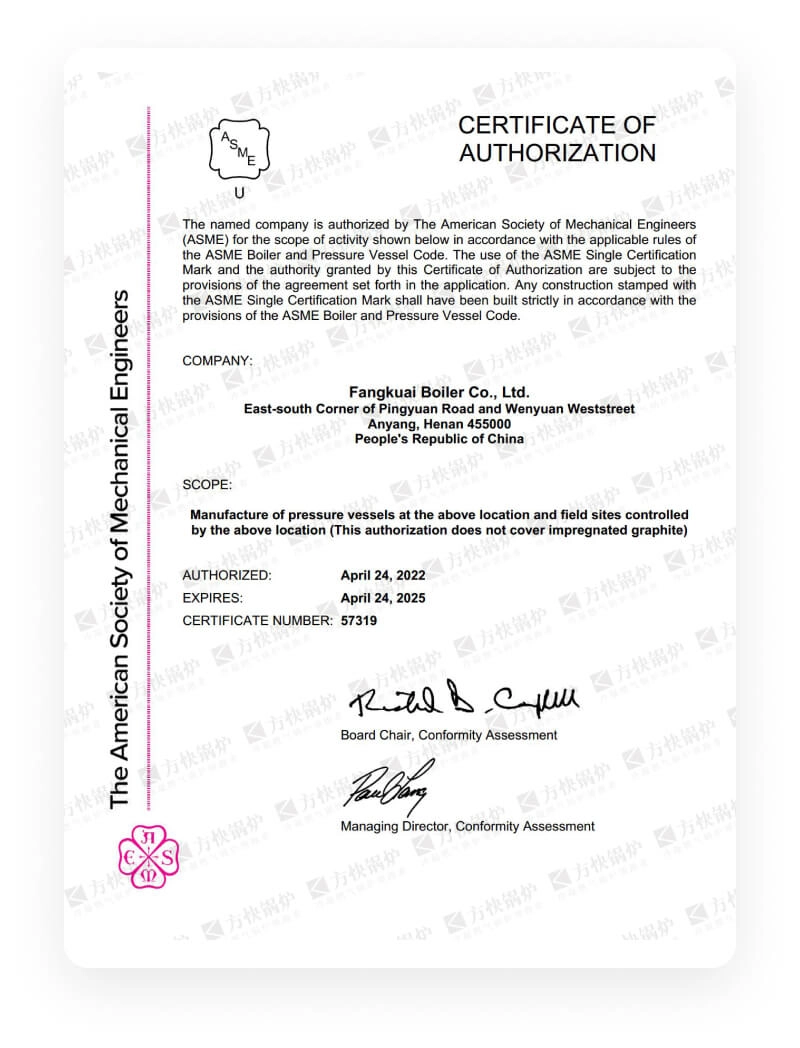Boiler Burners: The Key to Efficient Combustion and Environmental Sustainability
date: 2024-06-03
Page preview:
The boiler burner is one of the most crucial components in a boiler system. It directly influences the efficiency, energy utilization, and emission levels of the boiler. As energy efficiency and environmental regulations become stricter, burner technology continues to evolve, driving the industry toward more efficient and eco-friendly solutions. In this article, we will explore the working principle, types, and selection criteria of boiler burners, as well as provide practical advice on how to optimize boiler combustion efficiency.
1. Working Principle of Boiler Burners
The primary function of a boiler burner is to mix fuel with air and ignite it to release thermal energy, which then heats water or generates steam. The combustion process can be summarized in the following steps:
-
Fuel Delivery: The fuel is transported through pipelines to the burner.
-
Air and Fuel Mixing: The burner uses a fan or air regulation system to control the airflow, mixing it with fuel to ensure efficient combustion.
-
Ignition and Combustion: The fuel-air mixture is ignited by an ignition system, producing high heat to generate steam or heat water.
-
Heat Transfer: The thermal energy generated by combustion is transferred through the boiler’s heat exchange components to heat water or generate steam.
2. Types of Boiler Burners
Boiler burners can be categorized into several types based on the combustion technology used, each suited for different fuel types and operational requirements:
-
Mechanical Burners: Traditional burners that use mechanical means, such as a fan and burner nozzle, to mix air and fuel. These are commonly found in small to medium-sized boilers.
-
Premixed Burners: These burners pre-mix air and fuel before combustion, ensuring better combustion efficiency, lower emissions, and higher heat transfer. They are ideal for natural gas and similar fuels.
-
Full Premix Burners: Advanced burners that mix air and fuel more thoroughly, resulting in complete combustion. They are widely used in industrial and commercial boilers and help significantly reduce nitrogen oxide emissions.
-
Condensing Burners: Combined with condensing technology, these burners operate at lower temperatures, improving heat efficiency and reducing harmful emissions, ideal for high-efficiency heating systems.
3. How to Choose the Right Burner
Selecting the appropriate boiler burner is crucial for ensuring the optimal performance and long-term operation of your boiler system. Here are the key factors to consider when choosing a burner:
-
Fuel Type and Boiler Requirements: Choose a burner based on the type of fuel used (such as natural gas, oil, or biomass) to ensure compatibility and high efficiency.
-
Thermal Efficiency: High-efficiency burners maximize the conversion of chemical energy into thermal energy, reducing fuel consumption and operating costs.
-
Emission Standards: With increasingly stringent environmental regulations, it’s important to select a burner that meets the required NOx and CO2 emission standards. Low-emission burners help reduce the environmental impact.
-
Boiler Size and Load Requirements: The burner should be sized according to the boiler’s capacity and the specific heat load requirements to ensure optimal combustion under various operating conditions.
-
Smart Control Systems: Modern burners often come with intelligent control systems that automatically adjust the fuel-to-air ratio for optimal combustion, ensuring efficient and safe operation.
4. Key Strategies for Improving Boiler Combustion Efficiency
-
Use High-Efficiency Burners: Selecting full-premix or condensing burners can help ensure that air and fuel mix thoroughly for complete combustion, improving thermal efficiency and reducing fuel consumption.
-
Regular Maintenance: Regular maintenance, such as cleaning burner nozzles and replacing worn-out components, ensures that the burner continues to perform at peak efficiency.
-
Use High-Quality Fuel: Using high-calorific, low-impurity fuels minimizes incomplete combustion and reduces emissions.
-
Leverage Smart Control Technology: Intelligent control systems continuously monitor combustion conditions and automatically adjust parameters, ensuring optimal burner performance.
5. The Advantages of Fangkai Boiler Burners
As an industry-leading manufacturer of boilers, Fangkai offers advanced burner technologies designed for higher efficiency and reduced emissions. Our burners incorporate the latest full-premix combustion technology, ensuring optimal fuel-to-air mixing and maximum heat efficiency. Key advantages of Fangkai burners include:
-
Low Nitrogen Oxide Emissions: Our burners meet stringent global emission standards, with NOx emissions as low as 30mg/Nm³, helping reduce environmental pollution.
-
Energy-Saving Design: Fangkai’s burners are designed to optimize combustion, resulting in up to 10% fuel savings compared to conventional burners.
-
Corrosion-Resistant Materials: Our burners use high-quality, corrosion-resistant materials that extend their lifespan and reduce maintenance frequency.
-
Smart Control: Equipped with intelligent monitoring systems, our burners automatically adjust combustion parameters for stable, efficient operation, while providing real-time alerts for any potential issues.
Conclusion
The boiler burner is a vital component in determining the efficiency, emissions, and overall performance of the boiler system. By choosing the right burner and incorporating intelligent control technologies, businesses can enhance combustion efficiency, reduce energy consumption, and meet environmental regulations. Fangkai Boiler provides advanced burner solutions that ensure high efficiency, low emissions, and reliable performance, meeting the diverse needs of industrial and commercial users.


